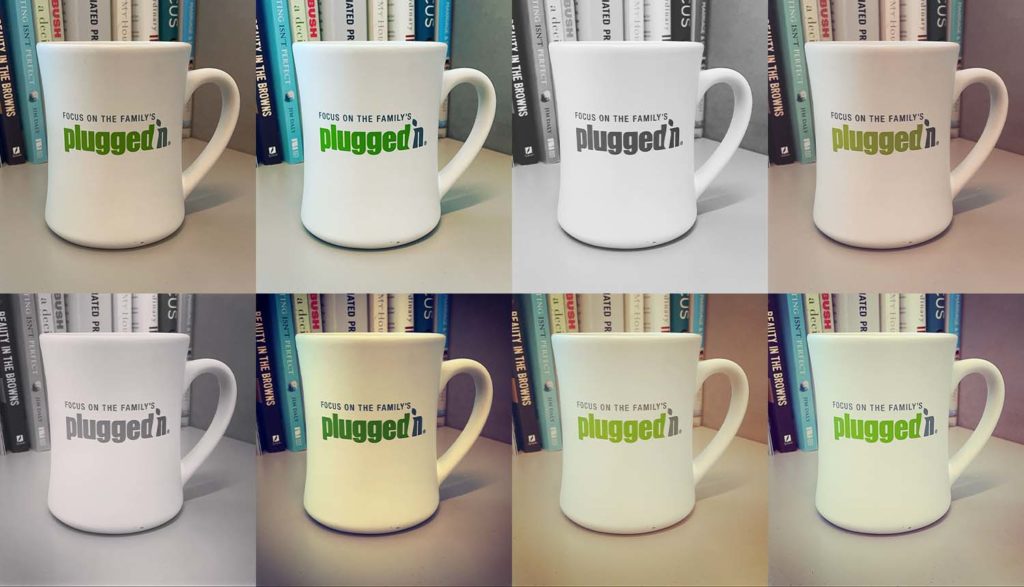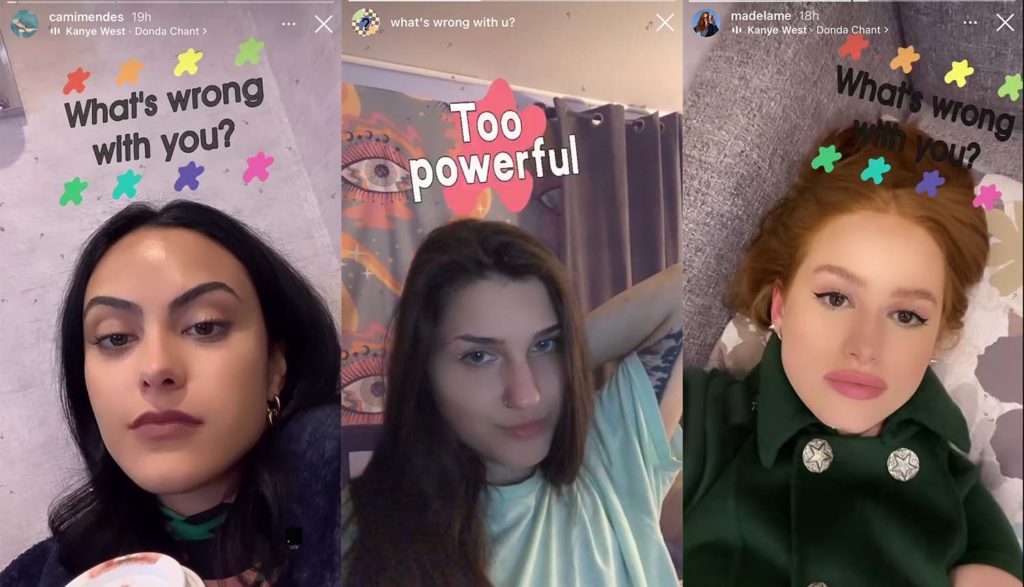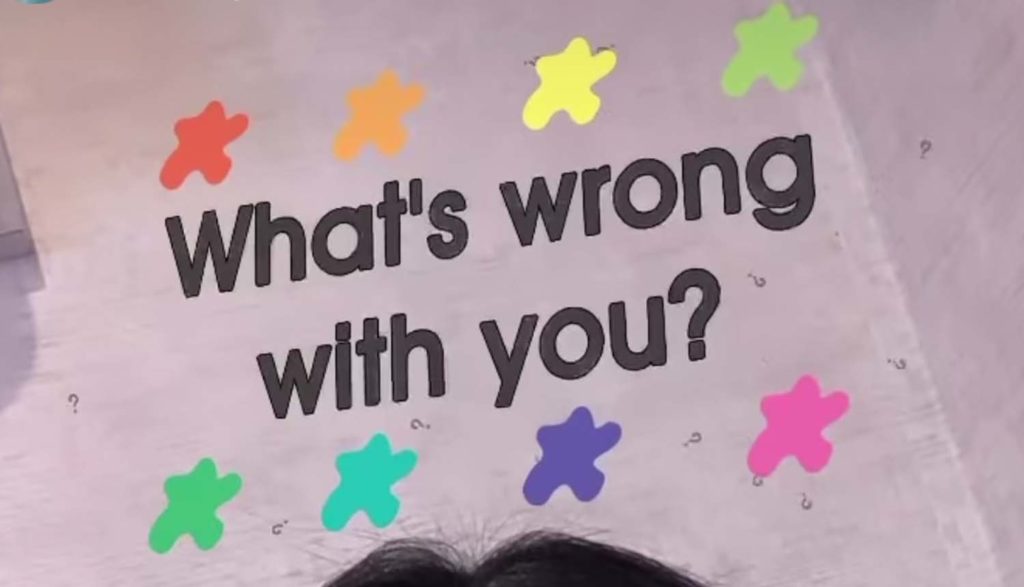Instagram filters have been around since the induction of the social media platform itself. They allow users to add Photoshop-esque effects to their selfies, and their quick, click-of-a-button approach is largely what made the app so popular when it first came out.
Well, next month will mark 11 years since Instagram first launched. With roughly a billion active monthly users (according to Statista), the app remains one of the most popular social media platforms used by influencers, businesses and average Joes alike.
Like any social platform, there are positive and negative aspects to Instagram. It allows people to connect—and since a picture is worth a thousand words, it allows us to say even more.
But I really want to focus on the filters here. Specifically, the ones used on Instagram Stories (photos and videos that disappear after 24 hours). And even more specifically, the emotional effect of those Story filters.
“If That’s What You’re After”
“Opting for an artistic filter on Instagram Stories will give your content a more polished appeal,” writes Bustle, “if that’s what you’re after.”
Like many others, I’ve used the Instagram filters to enhance my photos. It makes the lighting better, adds sparkles, or even blurs imperfections on your skin to make it look softer and smoother. It’s so simple too! I can scroll through dozens of filter effects in a matter of seconds.

What’s more is that if someone I follow uses a filter on their Story, the app will tell me the name of that filter so I can use it myself.
But the fact that these filters even exist implies that my photos—my skin—aren’t good enough.
Bustle’s tactful “if that’s what you’re after” assumes that only people who want a specific look (perhaps for their business or perhaps simply because they aren’t professional photographers) will use the filters. But the truth is, nearly everyone who uses the app uses it for the filter effects, not in spite of it.
And that’s where the problems begin.
Sure, we can say filters are primarily used for branding, marketing or just having fun! I mean, who on Instagram hasn’t turned on the dog filter to add some floppy ears and a fuzzy snout to their face? But a survey from Girlguiding showed that 34% of 11 to 21-year-olds said they wouldn’t post a selfie without a filter, and presumably often a filter that makes them look like enhanced versions of themselves, not like a dog. That’s one in every three girls!
Filters go even further, though.
In a recent browse of Stories, I kept seeing an effect called “what’s wrong with u?” In it, the words “What’s wrong with you?” float above your head. When you start recording, it scrolls through a number of options such as “Too Powerful,” “Interests are too obscure,” “Cringe” and “You’re kinda annoying.”

As someone who’s often struggled with the feeling that people don’t like me because something is wrong with me, seeing a filter that points out my supposed “flaws” angered me to the point of writing this article. And that’s where I want to land this.
Instagram Is the Problem, Not You
I could spend ages talking about the negative effects filters have had on the self-esteem of men and women alike. But rather than rant on and on, I’ll just say this: Readers, you are image-bearers of God, fearfully and wonderfully made.
1 Peter 3 says:
“Do not let your adorning be external … but let your adorning be the hidden person of the heart with the imperishable beauty of a gentle and quiet spirit, which in God’s sight is very precious.”
Filters can be fun. Some can be harmless. But don’t adorn yourself with one. You don’t need it. Don’t allow the random algorithm of an effect tell you what’s wrong with you. Instead, celebrate that the God of this universe formed you in the womb before He even knew you, and He loves you.







Recent Comments